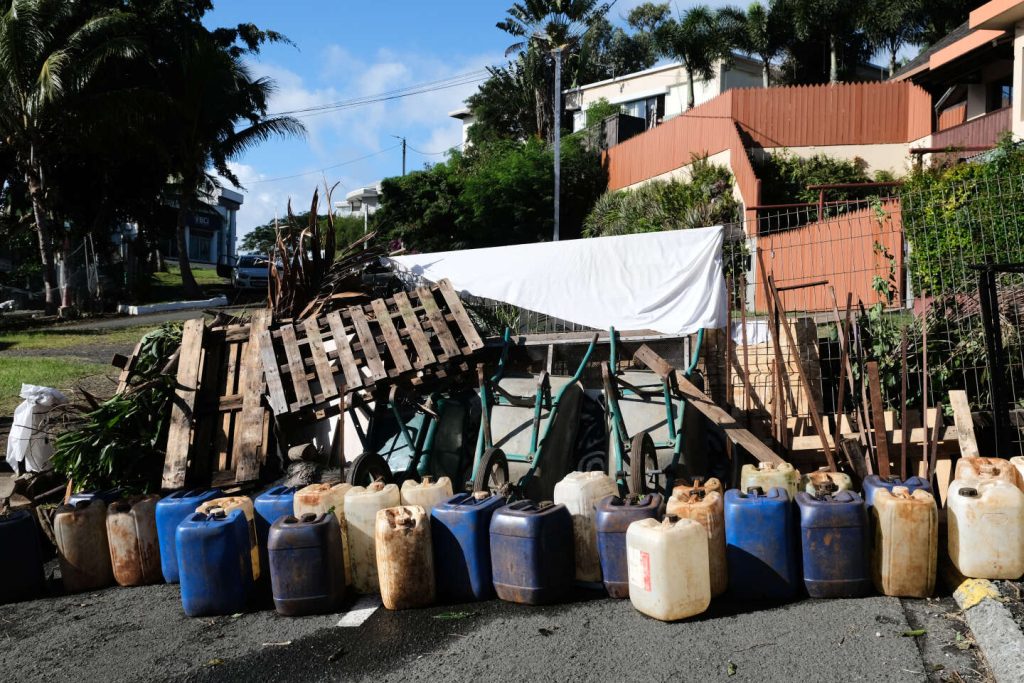The recent resurgence of fires in Kanaky, New Caledonia, was anticipated and expected, with the exception of the French government and local intelligence services who were blindsided by the loyalists’ bravado. The territory had experienced nearly forty years of peace since the Matignon Agreements of 1988, as both sides had chosen compromise, and the State had opted for impartiality between the pro-independence and loyalist groups. However, three divisive referendums had taken place in 2018, 2020, and 2021, which had not resolved anything but instead reinforced ethnic voting patterns, with Europeans in New Caledonia supporting France and the indigenous population favoring independence.
The third referendum in 2021, maintained by the State against the wishes of the pro-independence movement, resulted in a majority in favor of France (96.49%) but with a low turnout of only 43%, highlighting a democratic deficit. This outcome led to reservations during the 78th session of the United Nations, prompting the General Assembly to urge all parties to continue dialogue within the framework of the Nouméa Accord of 1998. However, the loyalists, led by Sonia Backès, resorted to threats and bellicose language, asserting their determination to fight against the pro-independence forces and taking a confrontational stance.
The loyalists and the French government appeared to consider the terms of the Nouméa Accord as completed following the third referendum vote. The adoption of a bill on May 15th by the National Assembly, which expands the voting rights in the next provincial elections to all residents of New Caledonia over the next ten years, indicates the State’s willingness to unilaterally alter the electoral composition of the overseas territory, despite Kanak opposition. This move signals the gradual unraveling of the 1999 organic law that defined the status of New Caledonian citizenship, potentially leading to further tension and unrest in the region.
The actions of the loyalists and the French government demonstrate a disregard for the spirit of the Nouméa Accord and a willingness to ignore the concerns of the indigenous Kanak people. By taking sides with the loyalists and endorsing their aggressive rhetoric, the State risks exacerbating the already tense situation in New Caledonia. The inability to address the root causes of the conflict and the failure to engage in meaningful dialogue only serve to deepen the divisions within the society and undermine the prospects for lasting peace and stability in the region.
It is imperative for all parties involved, including the French government, the loyalists, and the pro-independence movement, to prioritize dialogue, respect for the rights and aspirations of all communities in New Caledonia, and a commitment to finding a peaceful and equitable resolution to the longstanding conflict. To prevent further escalation of tensions and violence, a genuine effort must be made to honor the principles of the Nouméa Accord, uphold democratic values, and work towards a future where all residents of New Caledonia can coexist in harmony and prosperity. By fostering inclusivity, mutual respect, and cooperation, the path towards reconciliation and sustainable peace in the region can be realized.


